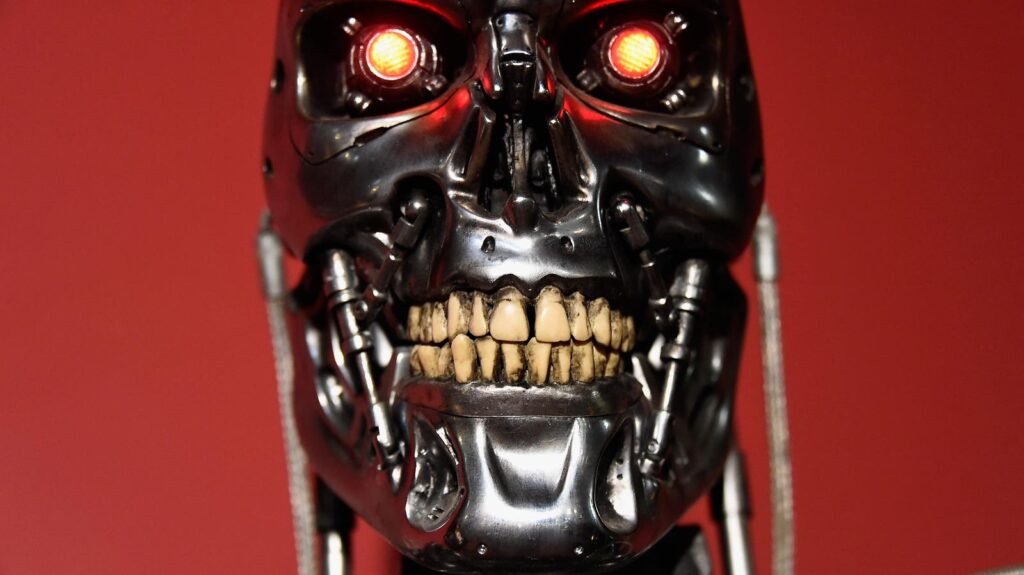
Geoffrey Hinton, often referred to as one of the pioneers of artificial intelligence, has recently expressed a dire warning. He believes there is a 10% to 20% chance that AI could drive humanity to extinction within thirty years. This alarming prediction highlights the urgency for robust regulatory measures and far-reaching educational reforms.
Hinton’s cautionary tale underscores the need for global action to ensure AI serves humanity rather than threatens our very existence. It is time for policymakers, educators, and innovators to come together in a unified effort to safeguard our future.
One of the primary concerns Hinton raises is the risk of AI-driven job displacement. According to the World Economic Forum, 69 million AI-related jobs could emerge by 2027. However, this influx of new opportunities requires more than just technical proficiency; it demands an entrepreneurial mindset and relentless commitment to personal growth. Educational institutions must evolve to prepare students for a world where ambiguity is the norm.
In response to Hinton’s warning, I propose that we adopt an “infinite education” approach. This vision emphasizes perpetual human potential rather than solely competing with machines. By fostering resilience and innovation, we can tackle AI’s most profound challenges.
To achieve this goal, schools must shift their focus away from narrow, test-based metrics towards more holistic assessments that value entrepreneurial skills like problem-solving, teamwork, and leadership. Furthermore, educators require ongoing professional development to understand the risks and possibilities of AI in order to guide students responsibly.
Ultimately, our collective future depends on embracing an “infinite education” mindset that prioritizes lifelong growth and civic contribution over mere career readiness. If we truly face a 10% to 20% risk of extinction, then it is imperative we seize this moment to reshape the educational landscape, ensuring AI’s capabilities serve human progress rather than threaten our very existence.
Hinton’s warning must galvanize us into swift, decisive action. It should inspire a new era where technology and humanity advance in harmony, guided by shared values and an unwavering commitment to securing our collective future.
In conclusion, it is essential that we come together as a global community to address Hinton’s alarming prediction. We cannot afford to be complacent or reactive; instead, we must proactively work towards a future where AI augments human progress, rather than undermining it.
Source: www.forbes.com


